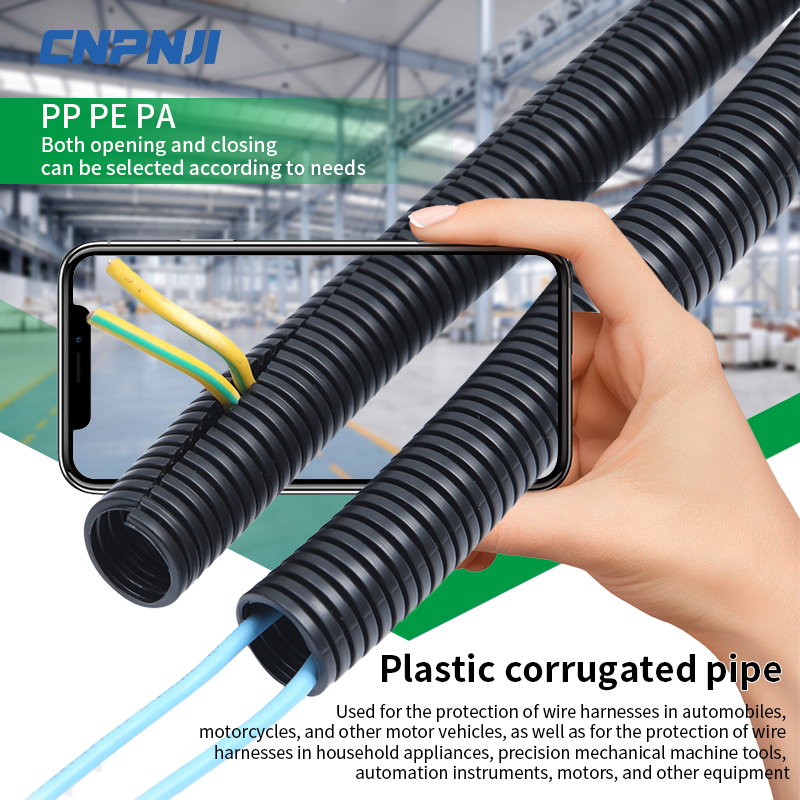Introduction of bellows

Bellows are industrial devices known for their ripple-like structures, typically crafted from materials such as metal or plastic. These features grant bellows exceptional flexibility and expandability, enabling them to withstand diverse mechanical forces and variations in temperature and pressure. Below is a comprehensive overview of bellows:
Material
Metal Bellows: Often made from stainless steel, copper, or aluminum, these bellows are capable of performing under high temperatures and pressures.
Plastic Bellows: Constructed from plastics like polyethylene or polypropylene, these are more suited to environments with lower temperatures and pressures, commonly used in residential and office settings to protect electrical conduits.
Structure
Bellows can feature either a single-layer or multi-layer corrugated design, tailored to meet specific application requirements. Multi-layer configurations offer enhanced strength and durability.
Applications
Industrial Piping Systems: Employed as compensators, bellows mitigate thermal expansion and mechanical vibrations within piping systems.
Automotive Industry: In exhaust systems, bellows help diminish the effects of engine vibrations on exhaust pathways.
Precision Instruments: Utilized in measurement technologies, bellows can measure differential pressures through their ability to expand and contract.
Advantages
Flexibility and Adaptability: Bellows can extend and flex without compromising their seal, making them versatile for various spatial configurations.
Corrosion Resistance: Particularly in metal bellows, which are well-suited for harsh environments due to their robust resistance to corrosion.
Maintenance
Designed for longevity, bellows still require regular inspections and maintenance to ensure they continue to perform effectively and safely.
These properties make bellows crucial components across multiple industries, providing essential mechanical protection and addressing complex engineering challenges.
